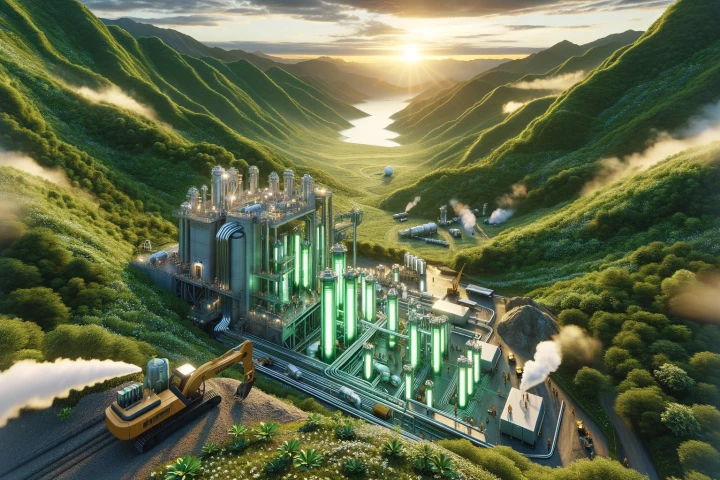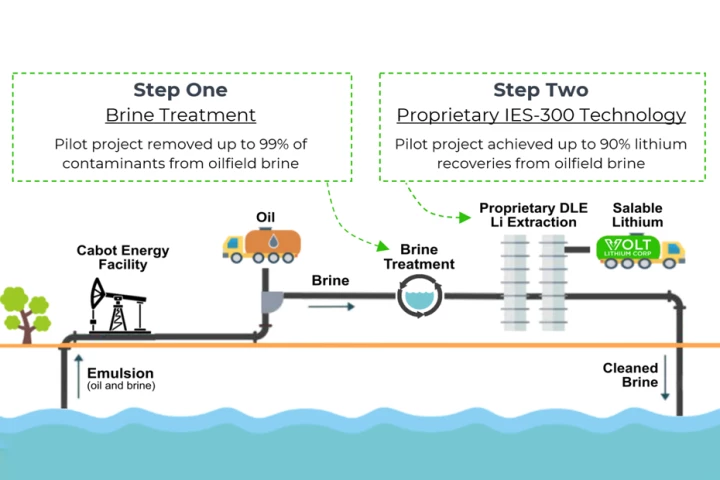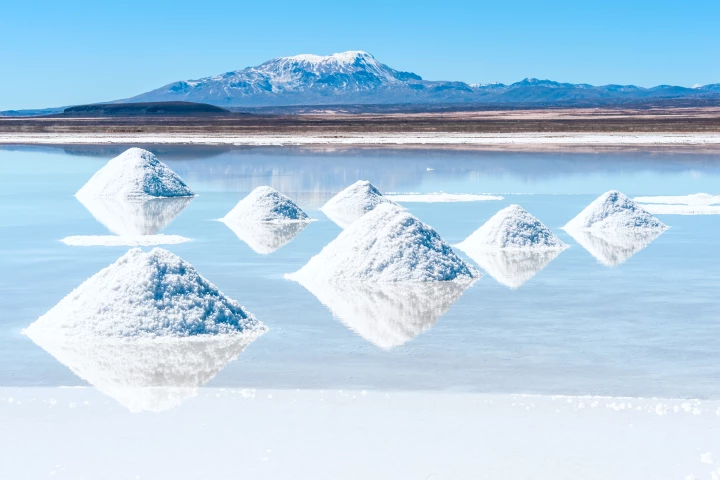Resources
-
A US startup is looking to our closest satellite to fill a resources gap here on Earth. Interlune and partner Vermeer have revealed a full-scale excavator prototype that forms a key component of its lunar resource Harvester.
-
Deep sea mining has been off limits because it's awfully hard, and because governments haven't yet firmed up regulations around extracting minerals offshore. That might soon change with The Metal Company's latest move – perhaps sooner than it should.
-
Thanks to the increase of electric vehicles and other battery-using technologies, the demand for lithium is expected to skyrocket in the coming years. One odd but potent source of the metal is a Pennsylvania wastewater stream, says a new study.
-
There's enough natural hydrogen trapped underground to meet all projected demands for hundreds of years. An unpublished report by the US Geological Survey identifies it as a new primary resource, and fires the starter pistol on a new gold rush.
-
Nano-engineering happens all day long in our bodies, and California startup Aether is designing and testing millions of new enzymes to do a range of other useful tasks – like directly extracting battery-grade lithium from sources nobody else can use.
-
Canadian company Volt Lithium has developed and pilot-tested a new low-cost lithium extraction method to pull this critical battery metal out of low-concentration brines. Now it plans to turn old oil fields into lithium production operations.
-
The green economy desperately needs huge quantities of battery metals, and they're sitting right there on the deep ocean floor. Here's a device designed to harvest them with the minimum possible impact to one of the world's last untouched ecosystems.
-
As the world rushes toward "the greatest disconnect between supply and demand in the history of commodities," Snow Lake Lithium CEO Philip Gross talks us through his company's plans to open the world's first all-electric lithium mine in Canada.
-
As the EV revolution speeds up, and big battery projects ramp up to stabilize power grids running on intermittent renewables, global demand for lithium batteries will rise sixfold in the next 10 years. But can the world actually supply the materials?
-
A new study from MIT has examined modern technology through the lens of a 150-year-old economic theory of efficiency and resource consumption – and in almost all cases, the benefits of reducing required resources is cancelled out by the increase in consumer demand for them.
-
In a welcome sacrifice for the good of the planet, a UN International Resource Panel study found that saving the environment may require people work fewer hours in the future. A growing middle class has led to a rapid pace of raw material extraction around the globe.
-
Planetary Resources, Inc. announces plans to remotely mine asteroids for water and precious metals.
Load More











